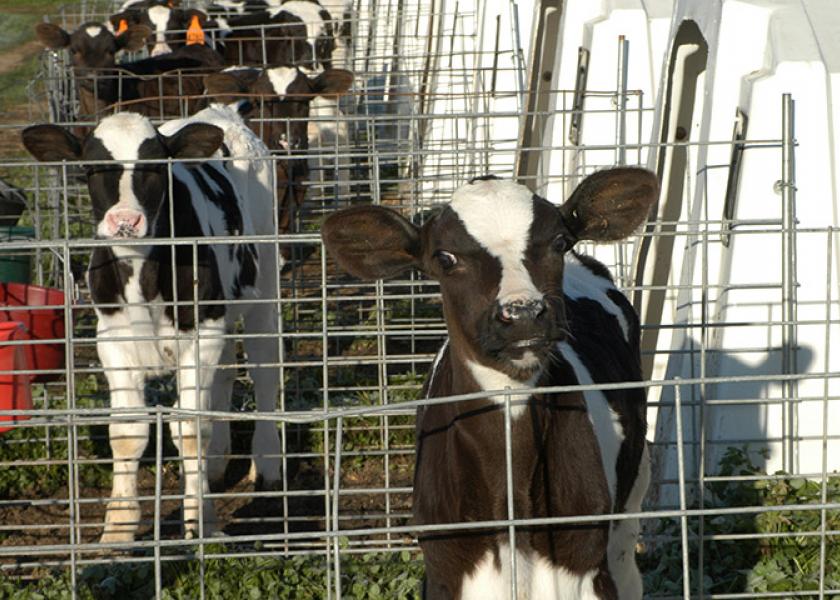NMPF Board Advances Phase-Out of Tail Docking

Source: National Milk Producers Federation
The board of the National Milk Producers Federation today set January 1, 2017, as the date for dairy farmers participating in the industry’s Farmers Assuring Responsible Management (FARM) Animal Care Program to phase out the routine practice of tail docking.
At the Federation’s annual meeting here, the board approved a resolution hastening by five years the previously established 2022 deadline for discontinuing tail docking. The resolution will be incorporated into the dozens of animal care measures designed for the FARM Program to ensure the consistent, optimal care of dairy cows in the United States.
“On this issue, the science, the advice of our technical experts and requests from our dairy customers and consumers are all aligned,” said NMPF President and CEO Jim Mulhern. “Today’s action demonstrates that dairy producer-leaders want to be proactive, yet pragmatic, in addressing animal care concerns.”NMPF started the FARM Animal Care Program in 2009 to highlight how much the dairy industry is doing to improve animal care. Dairy farmers supplying milk to dairy cooperatives and processors representing more than 90 percent of the nation’s milk supply now participate. The program demonstrates the commitment dairy producers have to providing quality care to their cows.
Also at the NMPF annual meeting, the FARM Animal Care Program unveiled new communications resources, including a revamped website and stepped-up social media engagement on Facebook, Twitter and Instagram. The new resources will help share stories of dedicated farmers, healthy cows and wholesome milk.
“While tail docking may be contentious for some, our producers have a great story to tell when it comes to animal care,” said Mulhern. “It is crucial that we share these stories and discuss animal care in a way that connects our values with those of our customers and consumers.”
The annual meeting will also feature on Tuesday an animal care panel discussion that includes representatives from Chobani, Walmart, Starbucks and Kroger.
For more information on the National Dairy FARM Animal Care Program, contact Emily Meredith at (703) 243-6111 or visit www.nationaldairyfarm.com.







